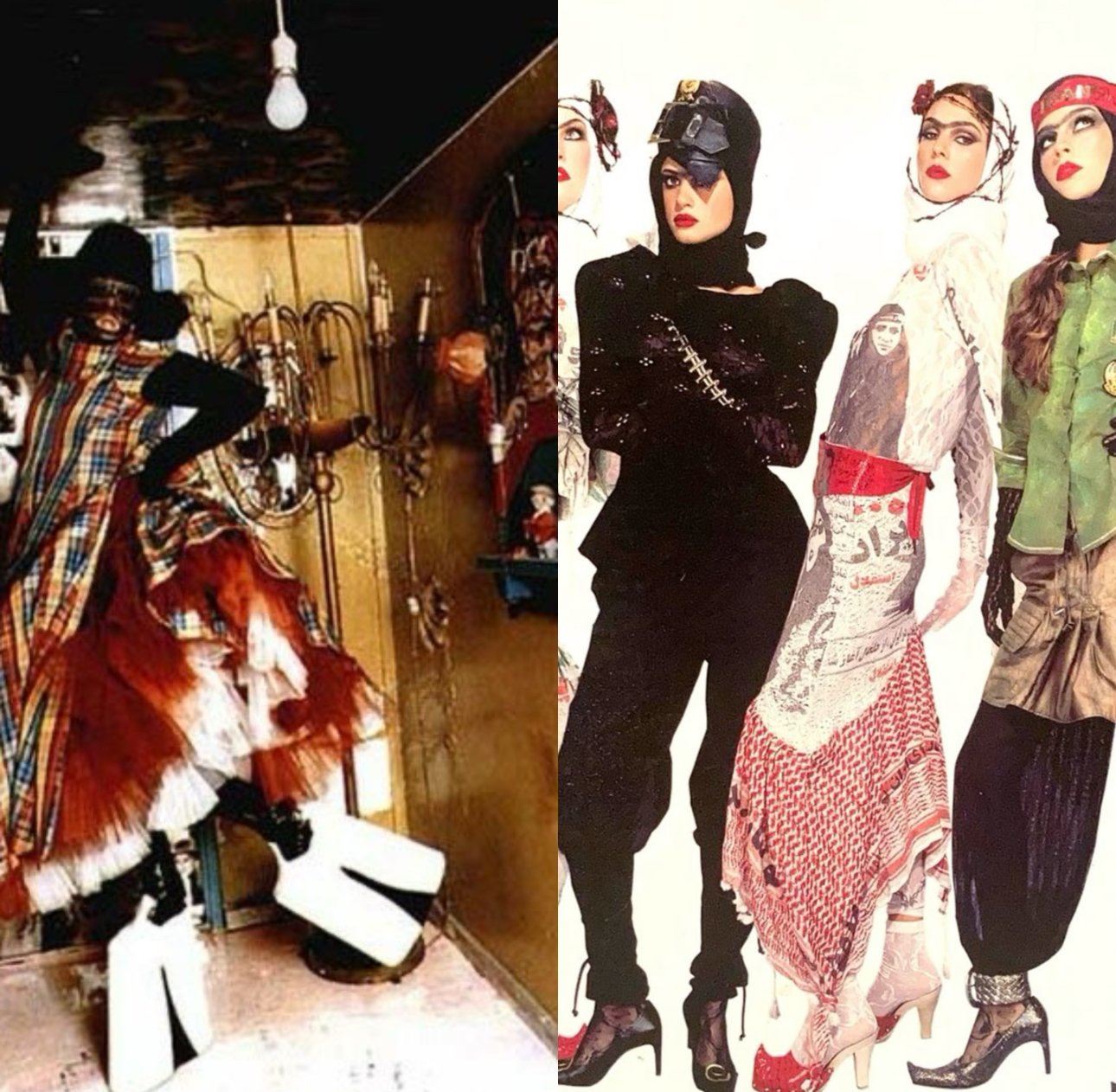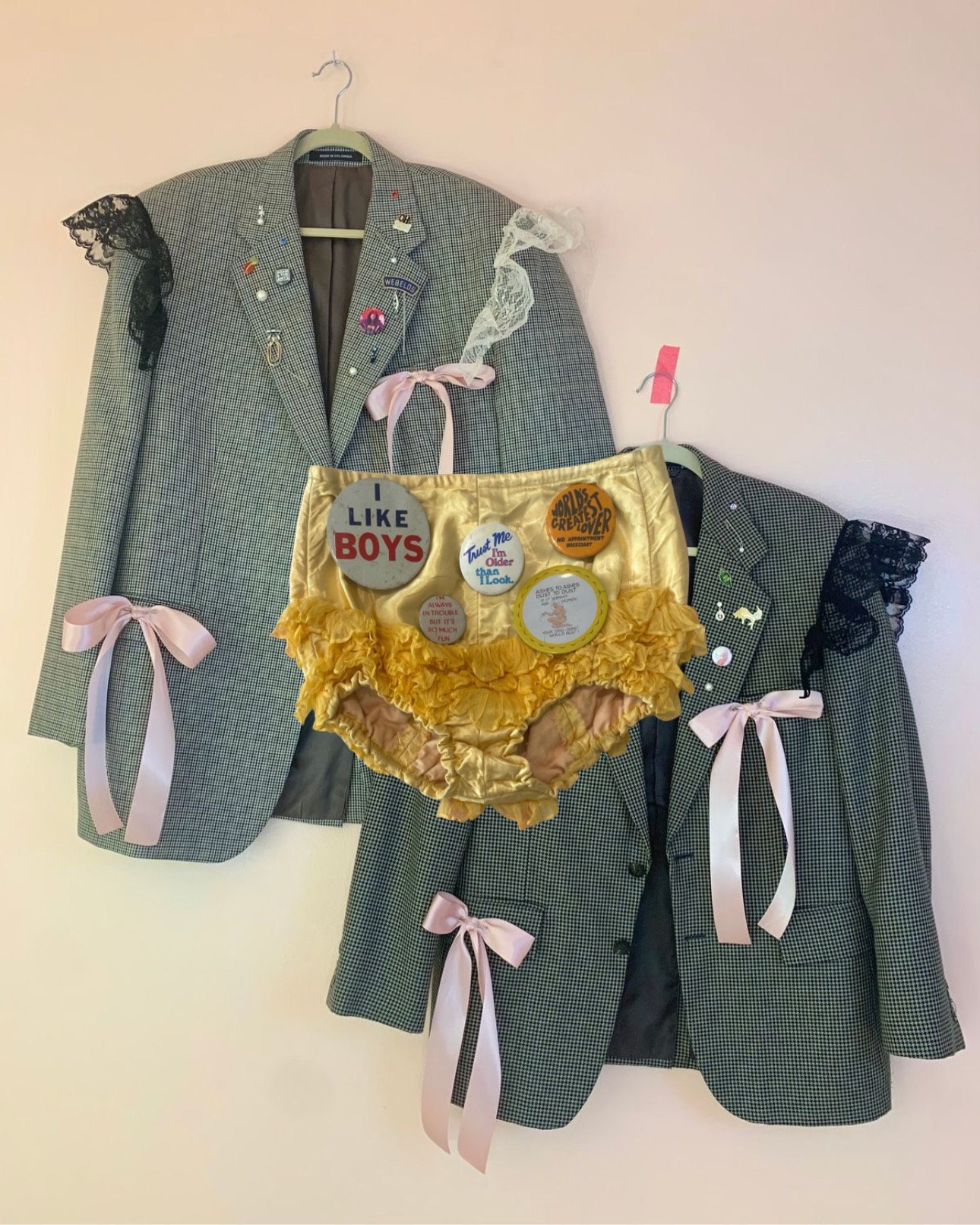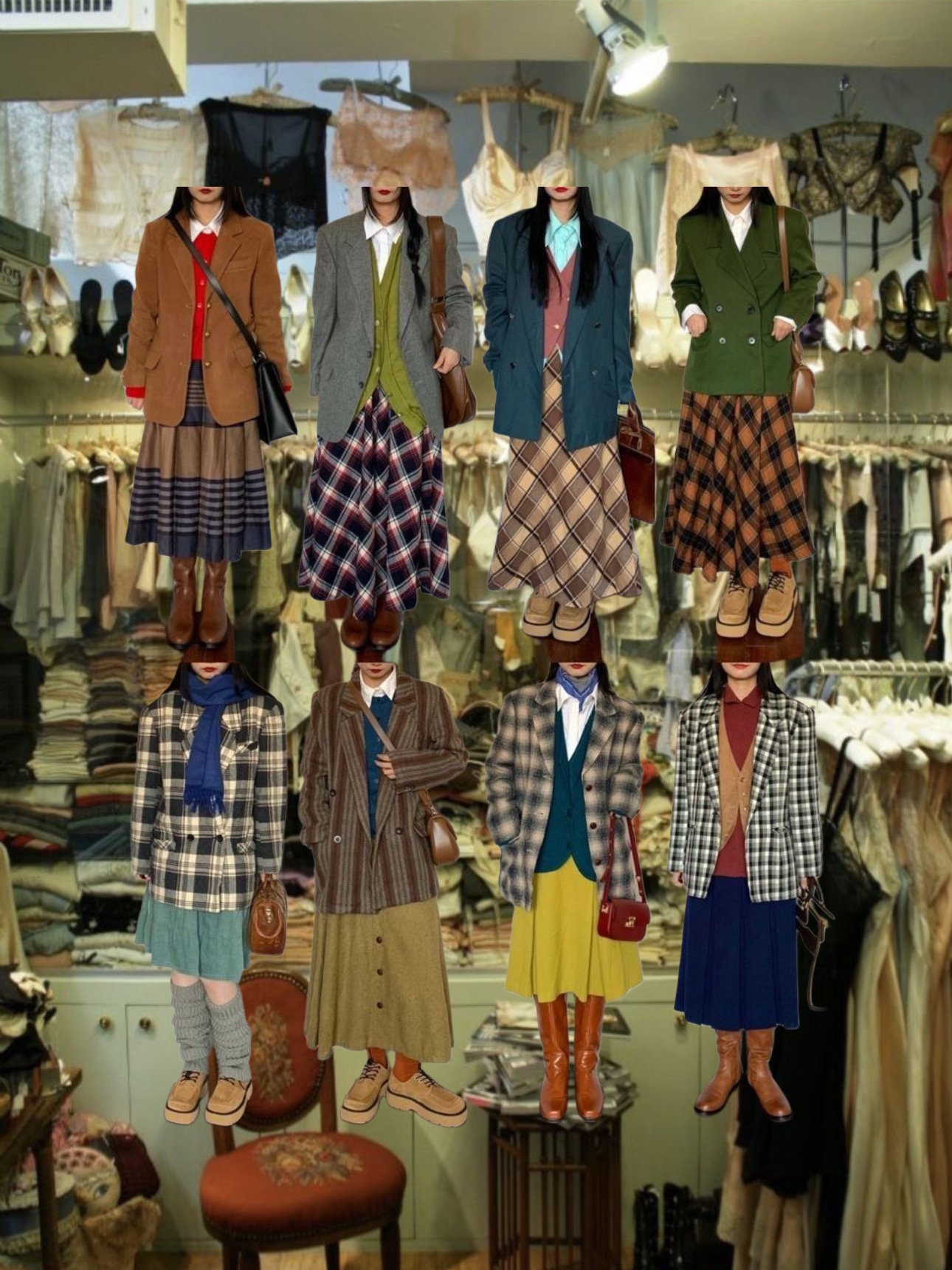Style or Influence: Is Authentic Fashion Still Possible
Images Source: Pinterest “Vice Magazine” Fashion has been an expression of personal identity, allowing people to communicate who they are without uttering a word. Through clothing choice, accessories, and even the ways trends are blended and mixed, fashion provides everyone the opportunity to showcase a different version of themselves to the world. However, in the modern world dominated by social media platforms like Instagram and Tik Tok, the concept of personal style is being redefined. In many ways, these platforms have made fashion more democratic by providing easier access to trends and styling tips. But with the rise of influencers and the power of the algorithm to dictate what’s “in,” we have to ask ourselves: Is authentic fashion still possible, or have we all become a product of digital fashion? Individual expression begins with personal style preference, especially when considering social constructs in history that frame fashion as a social expression. Consider the influence of fashion icons such as David Bowie and Coco Chanel, who transformed personal style into an act of rebellion or a statement of authenticity.
Image Source: Pinterest Today, we are in a fashion forward era, and fashion is being consumed over social media platforms like TikTok, Instagram, and Pinterest. Many users search for fashion content on these platforms and influencers, as trendsetters, have the ability to popularize styles, often leading people to copy their looks. This makes us wonder, are influencers actually curating new trends or are they simply remixing existing styles found online?The answer lies in social media, which supports the existence of many platforms that provide styling tips and trend modifications that fans can easily embrace. YouTube and TikTok for instance, have ‘How to’ videos that expand the scope of personal trends and self-expression. Moreover, whether learning about fashion from an influencer or a tutorial qualifies as having a distinct personal style or merely follows the current craze, these tutorials enable some people to showcase their uniqueness while forcing others into submission to this “one size fits all” theme.
Image Source: Pinterest @spicytab The concept of being “Chronically Online” emphasizes the pressure of validation. Users convert this validation into social media metrics - through likes, shares, and comments-subsequently steering them toward the danger of being accustomed to fashion styles crafted through shallow self-expression rather than genuine individuality. This results in the individuals becoming more focused on being trendy and palatable at the cost of their authenticity. Importantly, what fuels this fire is the growing monetization of social media. Influencers are paid to market certain products, and entire aesthetic movements can be funded and sponsored, further influencing the authenticity of personal style.
Image Source: Pinterest @dollland Fashion is often seen as a rigid concept, yet individual style can be defined collaboratively by external factors and personal preferences. Finding that balance is the hardest part. In any case, we’ve seen the impact of social media on personal style and its role is crucial. The positive side is that fashion is now more accessible than ever thanks to apps like TikTok and Instagram. They have given people the freedom to explore styles, defy conventions, and experiment with different looks. The bad downside is that there are so many influencers, fads, and algorithms that there is now a digital echo chamber where personal style exists, but it is often superficial, or even worse, reduced to a mere brand.
Image Source:Pinterest @Tef Authentic fashion can still exist, but involves a certain measure of deliberate work. To be individualistic in fashion requires making active decisions about which social influences to embrace and which ones to reject. After all, social media, along with trends, must be acknowledged, but when meshed correctly, they can enhance individual expression rather than reduce it.
Work Cited
Kim, J (2021) Fashion In The Digital Age: Social Media Marketing’s influence on the apparel market.




